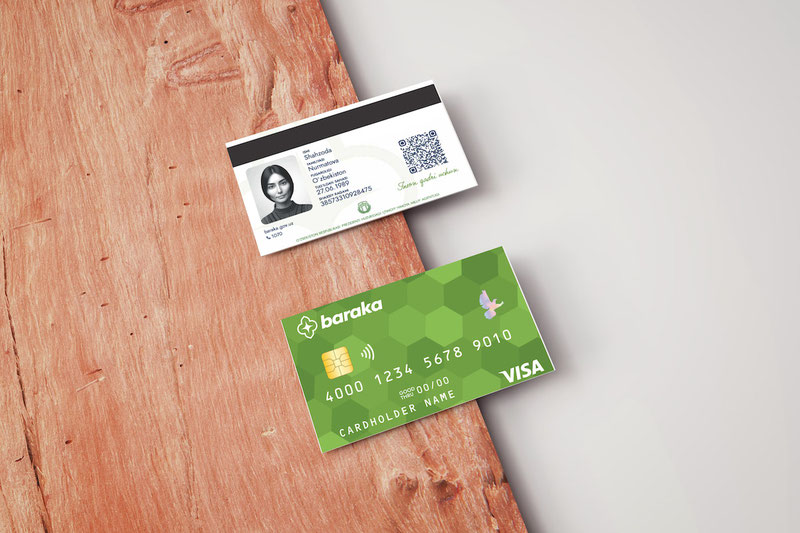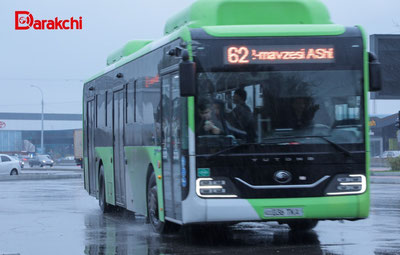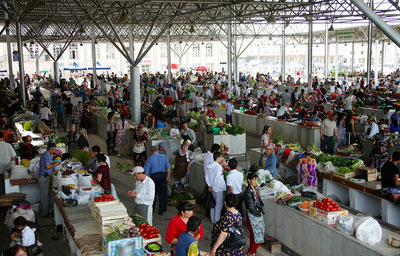Citizens in the Yangiyul district of Tashkent region have begun utilizing the social card, it was reported. Taking into account the increasing questions and information regarding this card, the National Agency for Social Protection clarified the most important ones.
The social card has been implemented in Tashkent city and the Yangiyul district of Tashkent region as part of a trial phase.
Here, the social card will be issued to persons receiving 9 types of new social payments starting from December 2024. These individuals will receive social cards free of charge and initially function as a payment method (bank card).
From December 1, 2024, the following payments are made through the social card:
- child benefits for low-income families;
- material assistance to low-income families;
- old-age pensions;
- disability pensions;
- monthly material assistance for lonely elderly and disabled persons;
- disability benefits for children under 18;
- benefits for mothers caring for disabled children;
- vouchers for the purchase of prosthetic-orthopedic items and technical rehabilitation equipment;
- benefits for loss of a breadwinner.
From April 1, 2025, in these areas (Tashkent city and the Yangiyul district of Tashkent region), 2 additional types of social payments will be made through the social card, namely pregnancy and childbirth allowances and one-time material assistance paid from the “Sakhovat va komak”, “Women's notebook” and “Youth notebook” funds.
The social card is issued free of charge to the following categories of individuals:
- Families (individuals) included in the registry of poor families;
- Families recognized as low-income through the “Unified Social Protection Registry” information system;
- members of large families;
- persons with disabilities;
- lonely elderly and those in need of care living alone;
- individuals caring for persons in need of care;
- orphans and children deprived of parental care;
- guardians (patrons), adoptive parents;
- legally incapacitated persons;
- persons with limited legal capacity;
- legal representatives of legally incapacitated and persons with limited legal capacity;
- pensioners;
- students receiving scholarships from state budget funds;
- pupils (trainees) receiving scholarships from state budget funds;
- persons entitled to free use of public urban transport (excluding taxis).
The functionalities of the social card will be gradually expanded
Starting from April 1, 2025, it will also perform the functions of a transport card and a privileged transport card. That means individuals entitled to privileged or free use of public transport, will be able to use the designated privileged or free tariff, while non-privileged individuals use the regular transport tariffs.
Efforts are being made to integrate the relevant information systems for the implementation of this function.






